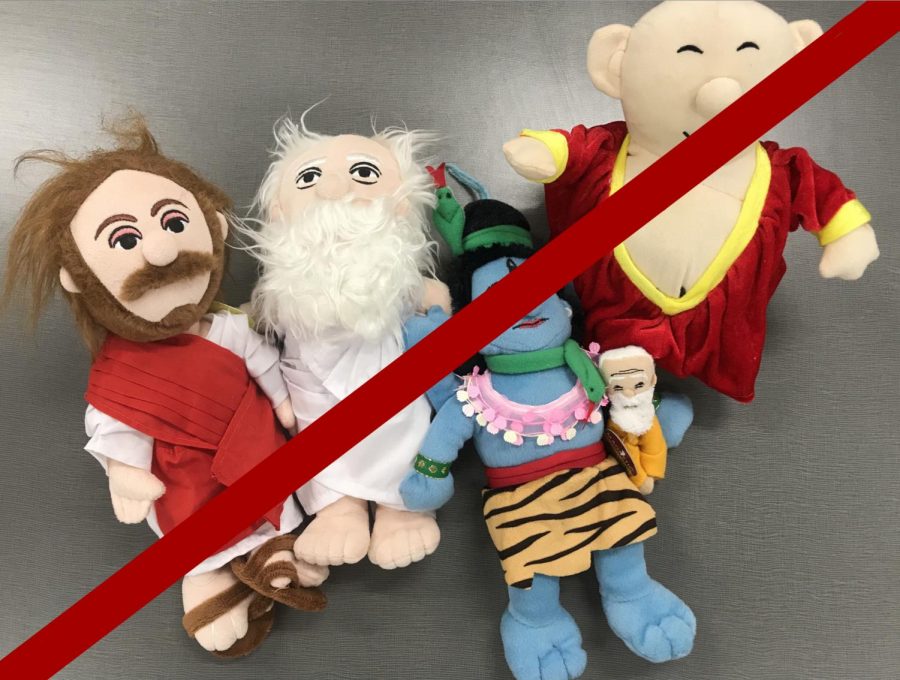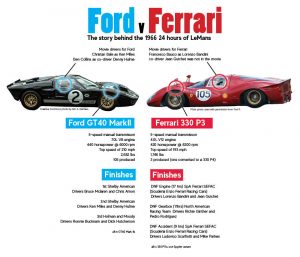APOW is whitewashed
The change in syllabus has led to the whitewashing of AP World History.
March 31, 2019
A change in the current AP World History syllabus has troubled many of the students. This new change has truly bothered several teachers and upset several students. “I’m going to have to change the way this class has taught drastically,” AP World History teacher Sue Cline said.
Students have also expressed their concerns in this issue. Sneh Mistry’21 and Jake Wicks’21 also were not happy with this decision.”This change is going to whitewash history,” Wicks said.
Under the new change, the time period taught in the class changes from 600 BC to present to 1200 CE to present dropping 1800 years worth of history. With this, years of valuable cultural history and information will be lost. Under the change the course will consists of the last 10,000 years of world history and nine units. New themes, such as technology and innovation, have also been added to the five current themes. Each learning objective is now clearly connected to a specific topic in the framework. The course now also includes more specifically what students are expected to do for each task.
Regional and Interregional Interactions (ca. 1200 to ca.1450)
- The Global Tapestry
- Networks of Exchange
Global Interactions (ca. 1450 to ca. 1750)
- Land-Based Empires
- Trans-Oceanic Interconnections
Industrialization and Global Integration (ca. 1750 to ca. 1900)
- Revolutions
- Consequences of Industrialization
Accelerating Global Change and Realignments (ca. 1900 to the present)
- Global Conflict
- Cold War and Decolonization
- Globalization
The biggest concerns regarding this class is the loss of valuable information and the whitewashing of world history.“It’s no longer world history,” Wicks said. “It’s more how Europe interacts with the world. You’re losing a lot of the different narratives you see by learning about other countries, especially in ancient history, and then you don’t have any context for whats going on,” said Wicks.
Changing the curriculum for AP World History means that students knowledge of World History will be changed. In this case, knowledge will be lost. “There isn’t any class that can replace what is learned in this class,” Cline said. “It’s going to change the way I will teach class, it’s going to change what students get out of this and the class as a whole.”
This change in curriculum is going to affect the way Cline teaches the class. “I have had to change this class four times in the five years that I have taught it,” Cline said. Especially with the standards based grading that the school is changing to. This change will change the way the a lot of teachers teach their class. Due to this these new changes Cline is planning on making all tests reassessable. The units and chapters will change. Homework will not be necessary and will not be graded in the grade book.
As of right now the class follows a 60 percent to 40 percent grading policy. 60% of students’ grades are their test grades. And 40% of their grade is in class activities and homework. Cline believes that this change is going to make this class harder in some ways. “Right now students have a 40% boost that allows them to have a good grade even without reassessing, I can guarantee that if we took those you would see everybody’s grade drop,” Cline said. “I’m trying to find a way to moderate the possible grade drop that could occur after switching to the new grading form.”
But under standards based grading students would not have this boost. 100% of their grade would be tests. Under the change all tests would be reassessable, homework would not be required. Cline plans to make homework a requirement to reassess. “The problem with this is that students are going to need to be more motivated.” Cline said. “If a kid comes and takes a test and does poorly, it’s probably because he didn’t do his homework. And if he decides to reassess he is going to have to go back and relearn and do all the homework. But then he would fall behind on what the class is doing right now. We are always moving and this significantly impacts the student’s learning.” Cline
This change is going to have a significant impact on what the students get out of this class. “People aren’t going to have a way to learn all this information about different cultures, it’s all going to be narrowed down to American and European history,” said Mistry. Students are not going to be able to learn about the ancient civilizations, they are not going to be able to learn about how the world came to be. They will not know of the caste system and its struggles in countries outside the US and Europe. They will not know of the beginning of the Hijra. They also will not know of the Holy Roman Empire and Charlemagne. This will lead to a narrowed mind and illiteracy in regards to other culture and their beliefs. Which means they will not know why things are the way they are currently.
The change in syllabus for AP World History is significantly going to affect the way Cline teaches the class. It will importantly effect the information students receive form this class. This change is going to whitewash world history.






